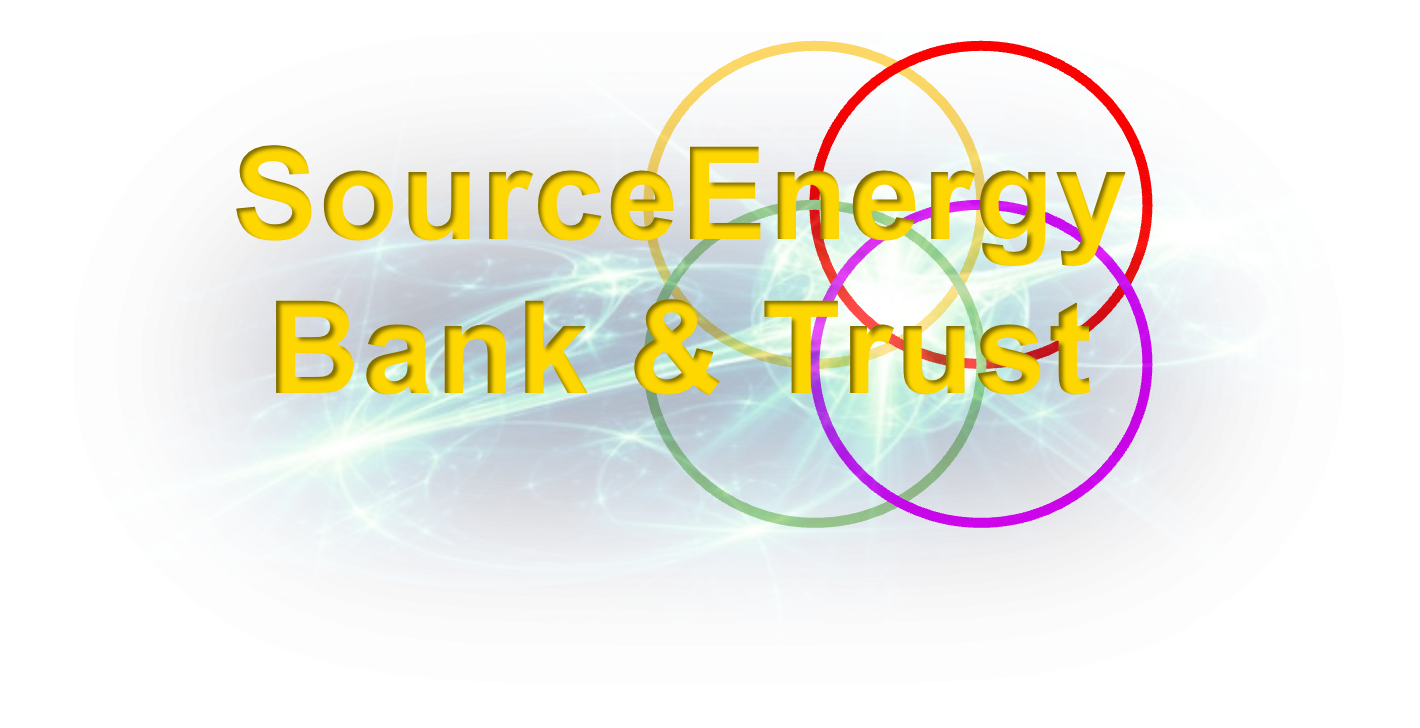Virtue 3 – Knowledge
Integrating Knowledge into the foundation of a wealth entrepreneur’s approach means prioritizing continuous learning and adaptability to stay at the forefront of industry trends, technological advancements, and market dynamics. Here’s how to effectively implement this principle and its importance:
Implementation Strategies:
- Regular Training and Education: Establish ongoing training programs for yourself and your team to stay updated on new technologies, market trends, regulatory changes, and management techniques. This could involve online courses, workshops, webinars, and conferences.
- Market Research: Continuously gather and analyze data on consumer behavior, preferences, and feedback. Utilize tools like surveys, focus groups, and market analysis reports to understand the evolving needs and desires of the market.
- Networking and Collaboration: Engage with other professionals in your industry through networking events, professional associations, and business forums. This can provide valuable insights and opportunities for collaboration that can bring new perspectives and innovations to your business.
- Leverage Technology: Implement advanced technologies that can enhance data analysis, financial management, and customer relations. Staying ahead in tech adoption can significantly improve operational efficiency and customer satisfaction.
- Thought Leadership: Contribute to and consume relevant industry publications, blogs, and podcasts. Consider sharing your own insights through these channels to establish yourself as a thought leader in your field.
- Feedback Loops: Create mechanisms to receive and implement feedback from customers and employees. This direct line of insight can be invaluable in refining products, services, and processes.
Importance and Benefits:
- Competitive Advantage: Keeping abreast of industry developments and continuously adapting to change can give your business a significant competitive edge. It enables you to anticipate market shifts and react more swiftly than competitors.
- Innovation: A deep understanding of trends and technologies can inspire innovative approaches to business. This might include developing new products, services, or business models that meet the market’s needs in novel ways.
- Risk Management: Knowledge acts as a tool for better risk management. Understanding the full spectrum of potential challenges and opportunities in your industry can help you make informed decisions that mitigate risks.
- Customer Centricity: Being knowledgeable about customer needs and industry standards helps in crafting offerings that are more aligned with market demands. This enhances customer satisfaction and loyalty.
- Efficiency: Continuous learning about new tools and techniques can improve operational efficiencies, reduce costs, and increase profitability.
- Adaptability: In today’s fast-paced business environment, the ability to adapt is crucial. Knowledgeable entrepreneurs who can pivot their strategies based on new information and changing conditions are more likely to thrive.
By fostering a culture of continuous learning and knowledge acquisition, a wealth entrepreneur not only enhances their own capabilities but also empowers their organization to remain dynamic, responsive, and ahead of the curve. This commitment to knowledge and adaptability is essential for sustained success and growth in any field.
